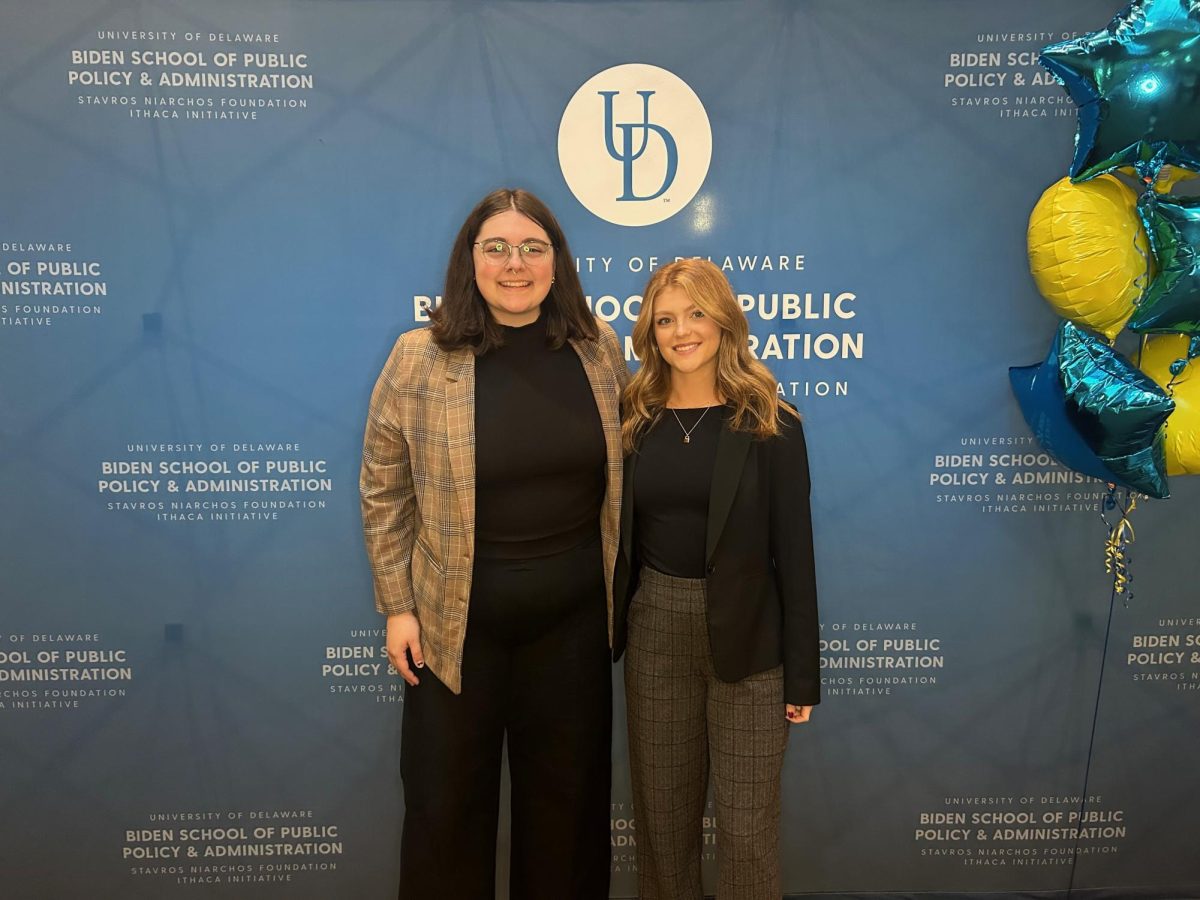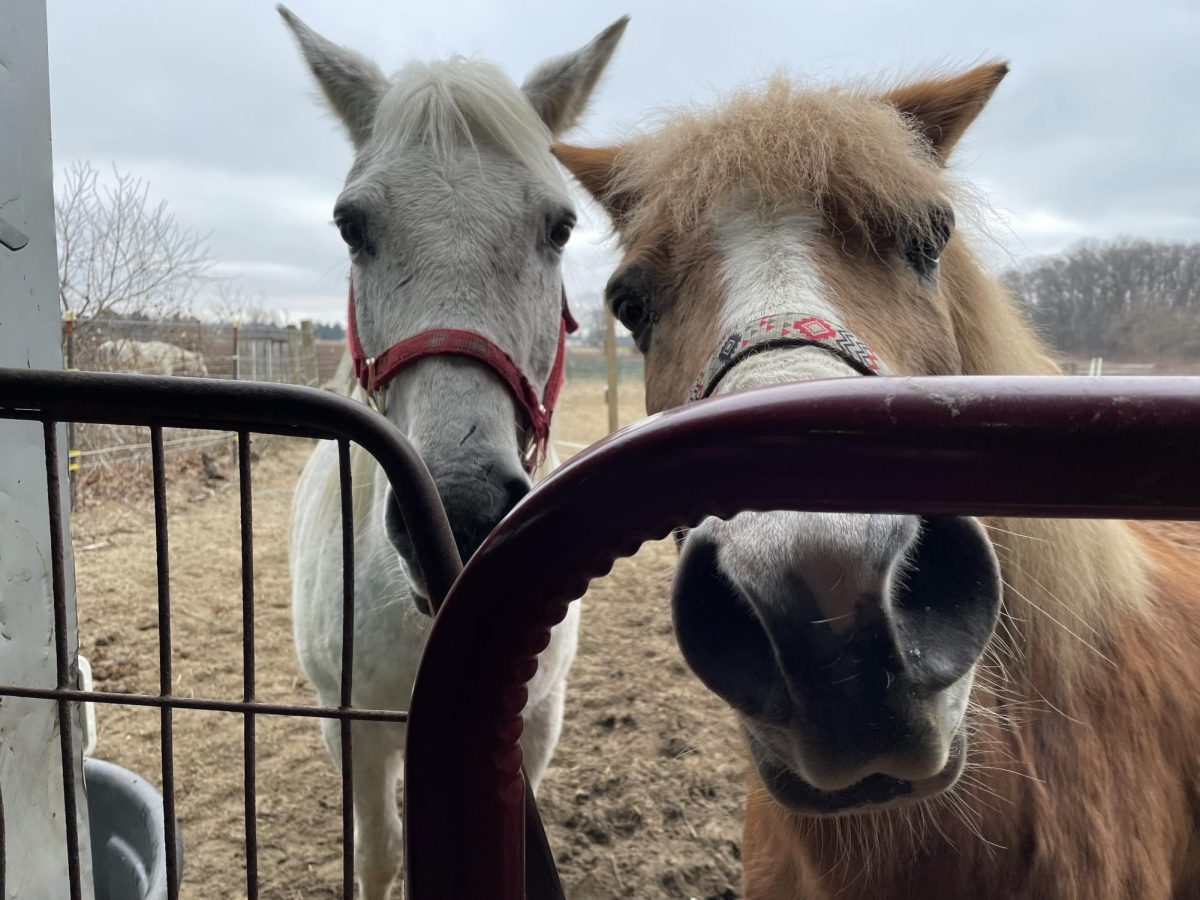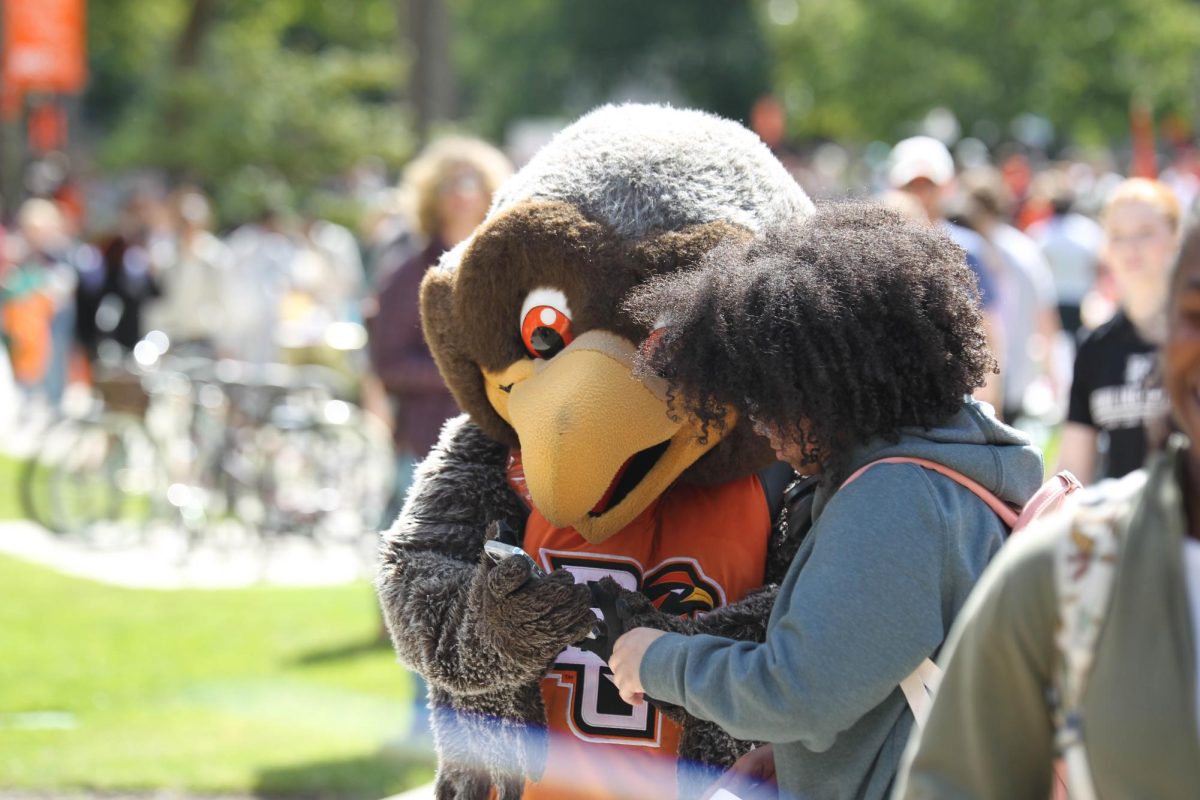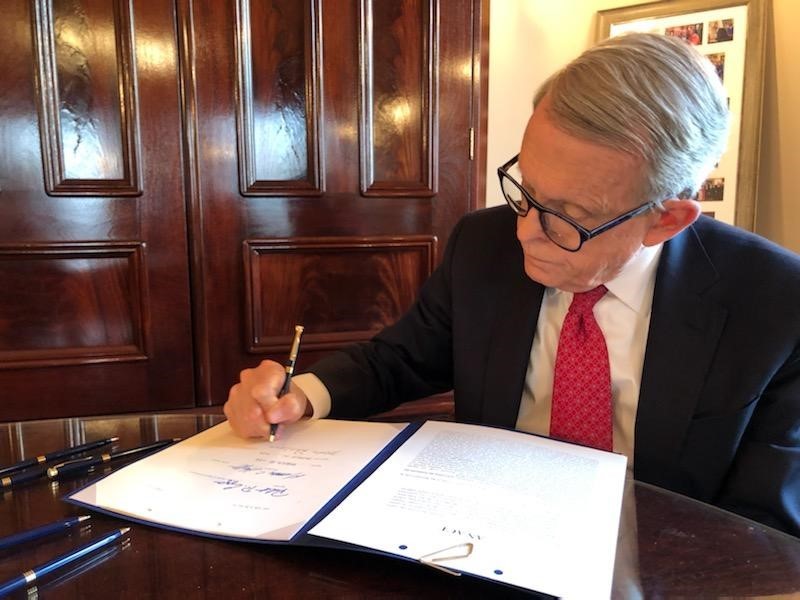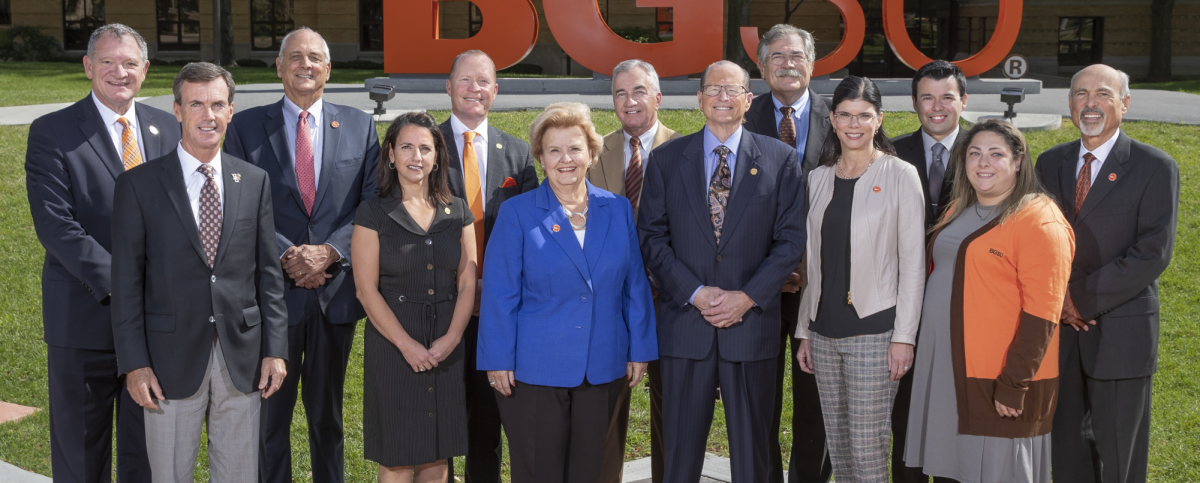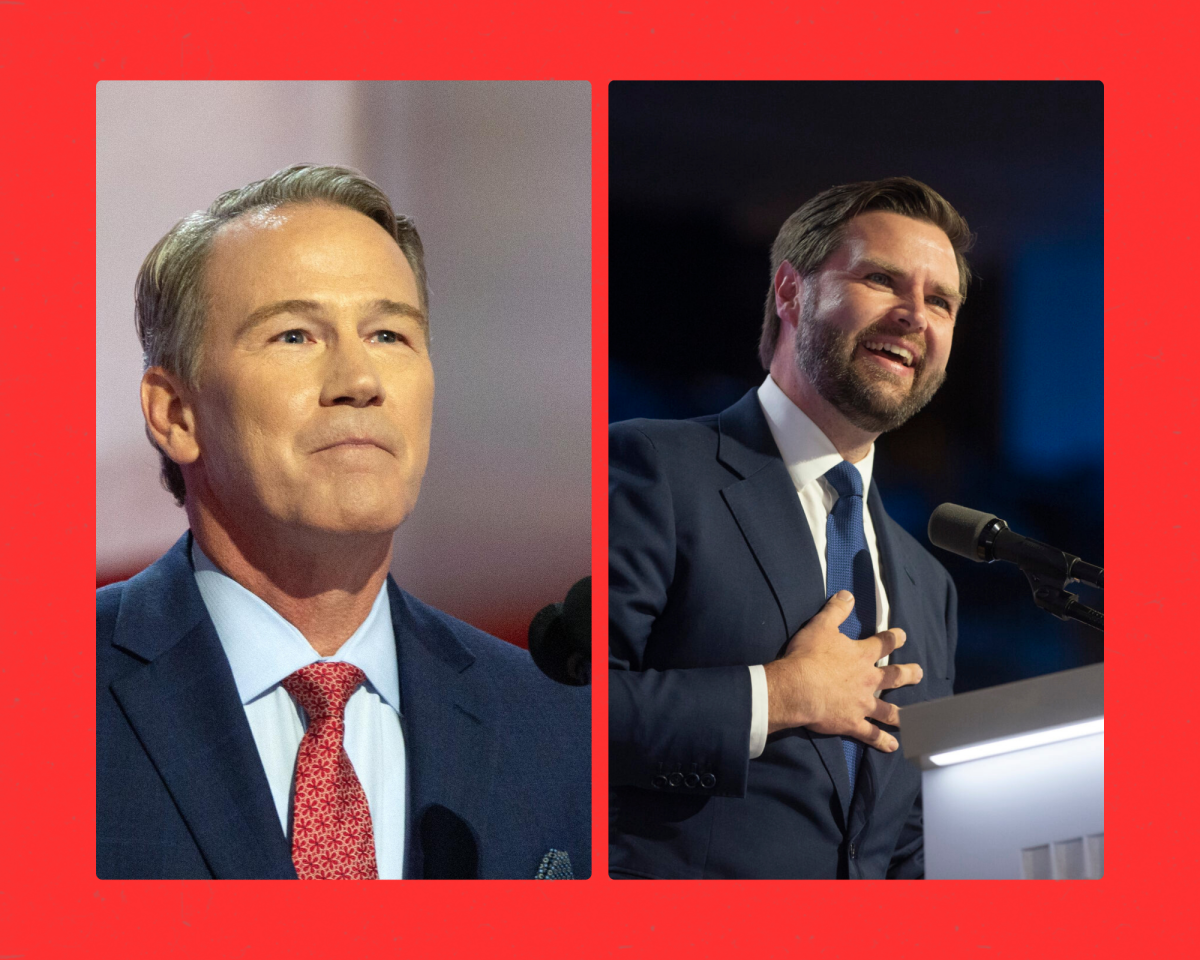Willie ‘Yoe’ Young was more than just one of the founding members of the Black Student Union. He was a leader who transcended the diversity landscape of the University.
After successfully organizing a sit-in protest to acquire two seats for black students in Student Council (now the Undergraduate Student Government) in 1969, Young and others achieved the first of many milestones of the BSU: he furthered the acceptance of minorities on campus.
‘We wanted representation. We wanted to have a voice and be heard,’ Young said.
And when Young was introduced at BSU’s 40th anniversary dinner Friday night honoring alumni, former and current black students had not forgotten the man who had given them a better opportunity as students.
‘One of the most positive things was when Willie Young spoke. He is respected among peers,’ current BSU President Dean Bryson said.
Bryson said advances in minority enrollment (from 125 black students in 1968 to 1400 today) and increases in black faculty and staff members are possible due to black alumni like Young not tolerating the ‘status quo.’
Young only hopes this progression is a continuing trend.
‘It’s very important in the life of a college student to identify with significant adults,’ Young said. ‘If you see a black professor, that gives you hope you can be a black professor or a black president. If you believe it, you can achieve it and you got to be able to see it.’
Young has never held a grudge for what happened in the past. The University offered Young, who has returned for every homecoming since 1968, not only an education, but also gave him his own bed and three meals a day for the first time in his life.
Due to Young’s perseverance, alumni were given the opportunity to start the BSU and appreciate what came out of the organization.
1989-90 BSU President Sidney Childs said the BSU was the voice of black students to address social and political events happening on campus.
‘[The BSU] was the training ground for the real world. For students now, this is where you pay your dues and who you are going to be,’ he said.
Childs challenged current students to get the most out of their college experience by grasping every opportunity.
‘The question to ask yourself: Does your work here reflect your worth here?’ Childs said.
1979 graduate Kenneth Simonson contributed not only his words, but his wallet as well. As part of the ‘Anderson Gang’ (black students living in Harshman-Anderson) the group donated $1000 toward the BSU and scholarships.
Simonson said this money will not only benefit the respective parties receiving the money, but will also influence alumni to give back to a great student organization.
‘We know the cost of education is not going down. It’s going up,’ Simonson said. ‘It’s important for us to be active not only by showing students, [but] also supporting current students.’
For the future, Simonson and Young said the BSU needs to work with the University to increase minority enrollment on campus.
According to the University’s Office of Institutional Research, 17.5 percent of undergraduate students are ‘students of color.’
Bryson said he intends to talk to the University and examine the numbers to see what can be done to improve them.
But for that night, Bryson said the event was a total success and helped form a strong bond between all ages.
‘[The anniversary] made us more part of their family and bridged the gap between alumni and students,’ he said. ‘The recognition of all the black community in the past [helped] give us what we have today.’


